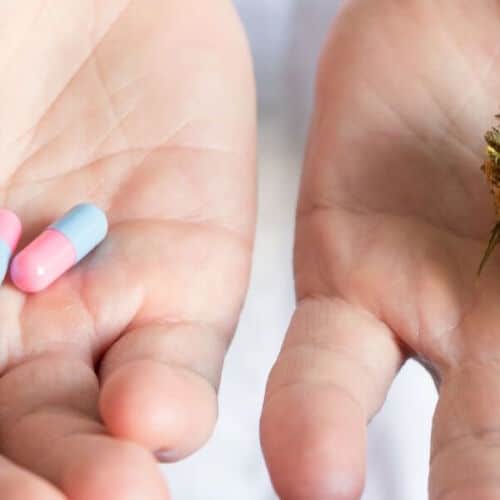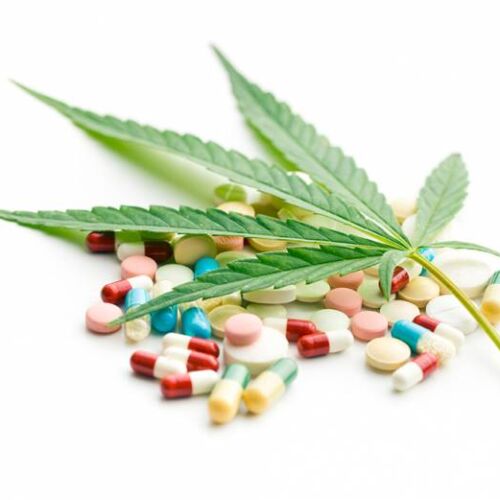A common argument for cannabis legalization is that it would lead to lower cases of opioid addiction and overdoses. But is the argument that cannabis reduces opioid prescriptions true? There have been some studies supporting this theory, but none so publicized that it would lean legislators towards approving legal cannabis nationwide.
According to the National Institute on Drug Abuse, there were 64,000 drug overdose deaths in 2016. Unfortunately, this problem is only getting worse. Many within the U.S. healthcare and political systems are searching for ways to solve the drug overdose crisis sweeping the country. But is there enough urgency being placed on this topic?
Reducing Costs Associated With Opioids
A recently released study from the University of California-San Diego and Weill Cornell Medical College found that cannabis may be one way to quell opioid abuse in America. The study found that “For Schedule III opioid prescriptions, medical cannabis legalization was associated with a 29.6% reduction in number of prescriptions, 29.9% reduction in dosage, and 28.8% reduction in related Medicaid spending.” The study also estimated that, “…if all the states had legalized medical cannabis by 2014, Medicaid annual spending on opioid prescriptions would be reduced by 17.8 million dollars.”
The results from the UCSD are encouraging and clear proof that cannabis legalization may be part of the answer. While there has been evidence of cannabis legalization leading to a reduction in both opioid related hospital visits and deaths, previous evidence has not been as comprehensive as this study. One of the biggest concerns of the opioid crisis is the economic burden it puts upon the American healthcare system. The White House Council on Economic Affairs estimates that, “In 2015, the economic cost of the opioid crisis was $504.0 billion, or 2.8 percent of GDP that year.” A $17.8 million cut from a $504 billion bill may seem like an insignificant change, but it would be a great start for American taxpayers and the healthcare system.
The UCSD study is another study that shows cannabis can have a positive impact on the opioid epidemic in America. However, due to a federal ban on cannabis, the ability of researchers to study cannabis is severely hampered. So while progress on this topic is slow, proponents of cannabis legalization will continue to push the factual data behind the theory that cannabis reduces opioid prescriptions and deaths.


